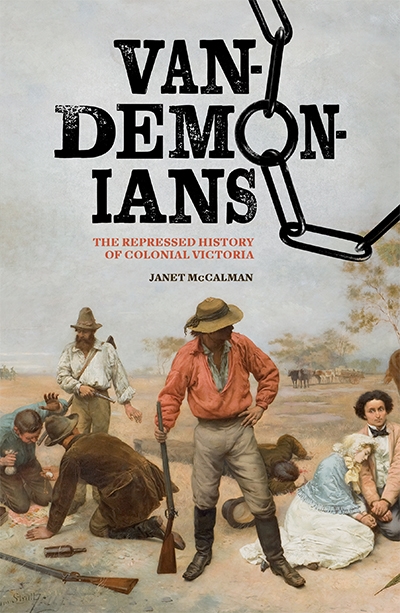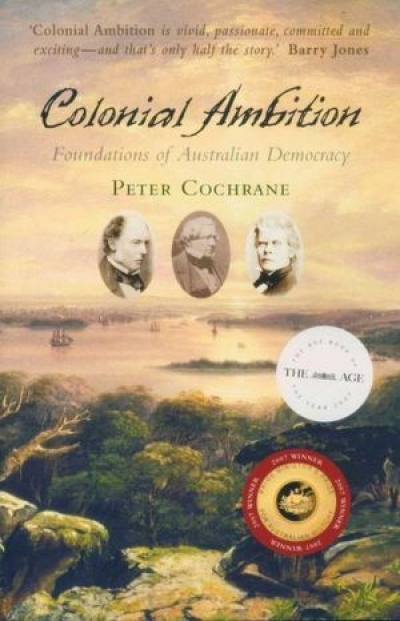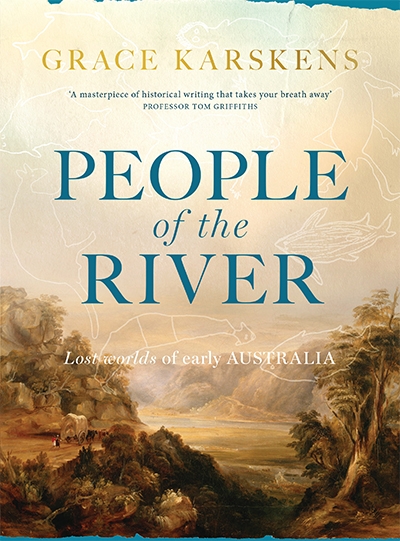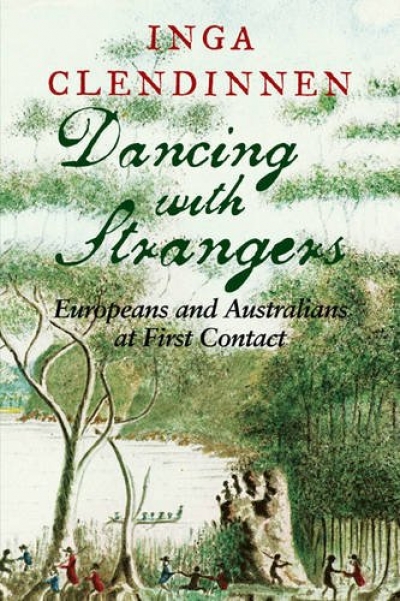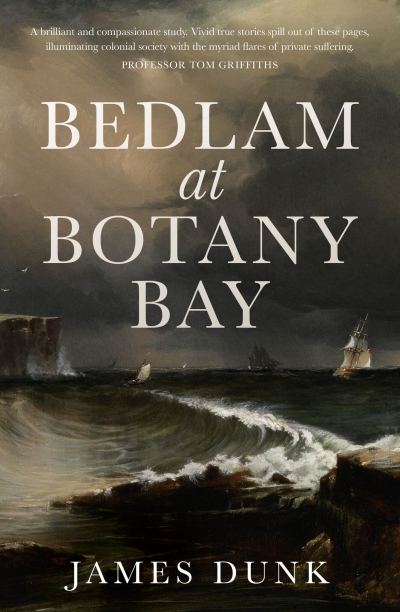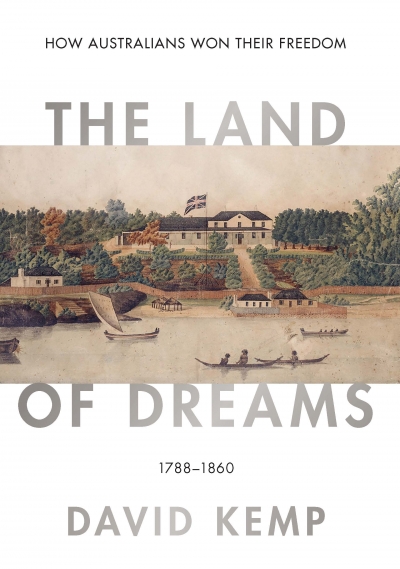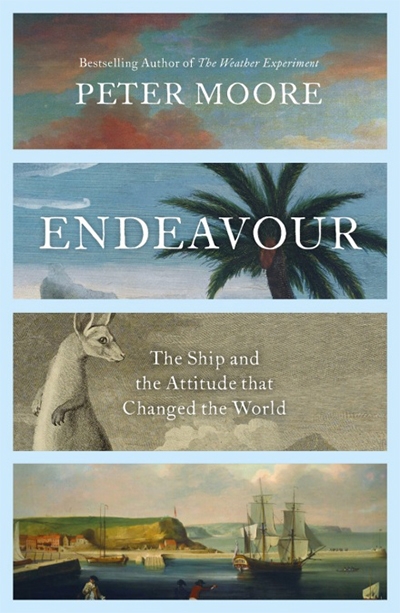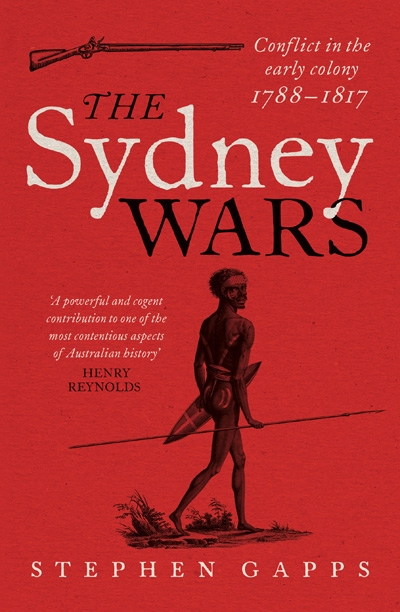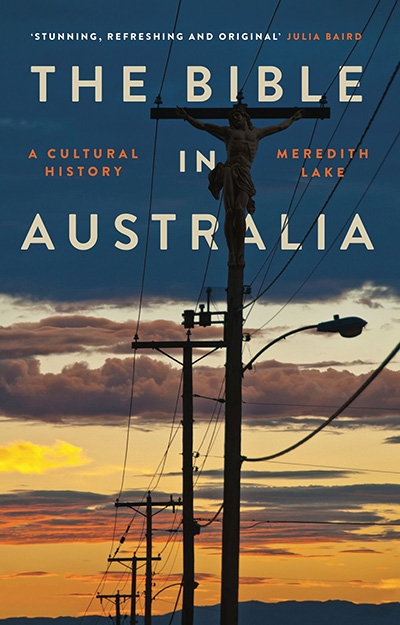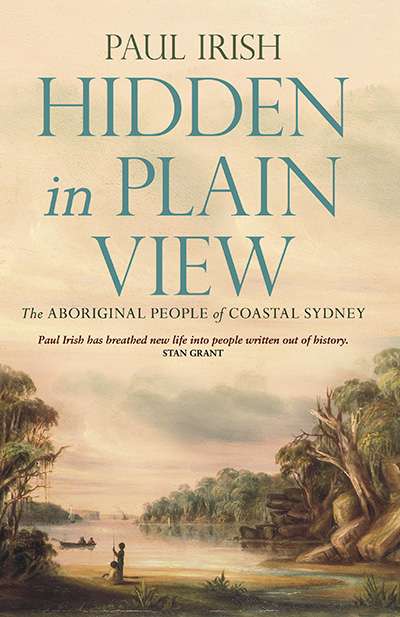Alan Atkinson
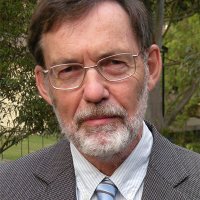
Alan Atkinson is an honorary senior research fellow at the University of Western Australia. The third and final volume of his book, The Europeans in Australia, won the Victorian Prize for Literature 2015 and was shortlisted for the Prime Minister's Prize for Australian History. He is also the author of Camden, The Commonwealth of Speech and a number of other books. His forthcoming book, Elizabeth and John: The Macarthurs of Elizabeth Farm (NewSouth Publishing), will appear in late 2022.
This book is an account of politics in Sydney during the 1840s and 1850s. Occasionally, the story reaches into the depths of urban life, with descriptions of what Peter Cochrane calls ‘the city’s thick web of political conversation’. But Cochrane is mainly interested in the political leadership, and he has a small number of once celebrated men – William Charles Wentworth, Robert Lowe, Henr ... (read more)
Grace Karskens’s previous book, The Colony (2009), which dealt with Sydney and the Cumberland Plain during the first years of invasion, was one of the great books about the early colonial period in Australia. People of the River is just as important but more profound and risky. In both, Karskens has found ways, brilliantly original ways, of taking in entire populations, and she is particula ... (read more)
Anyone who heard Inga Clendinnen’s 1999 Boyer Lectures or who has listened to her in any other way will hear her voice clearly in this book: contemplative, reflective, warm, gently paced. Dancing with Strangers seems to have been written as if it were meant to be read aloud. It reaches out to its listeners, drawing them within the world of the settlement at Port Jackson during its first dozen ye ... (read more)
James Dunk is not the first Australian historian to notice that mental breakdown was surprisingly common during the first two European generations in New South Wales. Malcolm Ellis linked the ‘Botany Bay disease’ to rheumatic fever, rife on shipboard, which ‘ruined the lives or unbalanced the minds of … many pioneers’. Manning Clark spoke of sanity collapsing ‘under the weight of the v ... (read more)
This is the first of a five-volume series, apparently all by David Kemp, with the general title Australian Liberalism. The second volume, A Free Country: Australians’ search for utopia 1861–1901, is planned by Melbourne University Publishing next year. Kemp was senior lecturer and then Professor of Politics at Monash University until 1990, and after that a minister in John Howard’s governmen ... (read more)
In 1786, extraordinary limewood carvings at Hampton Court near London by the seventeenth-century master Grinling Gibbons were destroyed by fire. A recent book by the American carver David Esterly, The Lost Carving: A journey to the heart of making (2012), describes his own commissioned efforts to replicate and replace those carvings. It is a thoroughly enjoyable book. To read it is to sense the pu ... (read more)
The Uluru Statement from the Heart, in May 2017, might not have had much resonance with the federal government. However, it coincides with a new phase of writing and research that helps to round out its long-term significance and impact. Mark McKenna has expanded on the importance of the Uluru Statement in the March 2018 Quarterly Essay (Moment of Truth). He points out that, among other things, th ... (read more)
The Bible in Australia is an unpretentious title for a remarkable book, and yet it is accurate enough. The Bible has been an ever-present aspect of life in Australia for 230 years, but no one has ever thought through its profound importance before. By starting her argument in a place both strange and obvious, Meredith Lake comes up with startling possibilities, and they keep surfacing all the way ... (read more)
Nothing has done more to add to the ingenuity of Australian history writing than the study of Indigenous experience. This book, which concentrates on people living in Sydney and its immediate hinterlands from 1788 to the 1930s, is a case in point.
The impact of such scholarship has been a long drawn-out process, often echoing trends in various areas overseas. In 2001, for instance, James Belich ... (read more)

